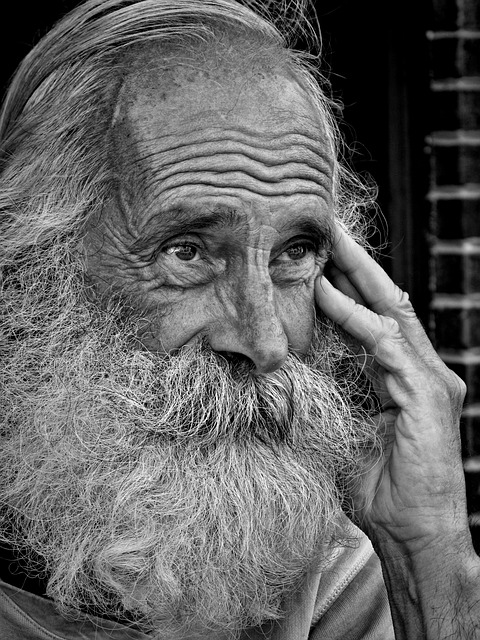There is a huge gulf between philosophy today and philosophy during the Axial Age, and in fact ancient philosophy as a whole. Today, philosophy is generally seen as theoretical discourse alone, divorced from practice. Since the eighteenth century, beginning with Wolff, Kant and the German Idealists, it has been inextricably linked to the university; and in the words of Pierre Hadot, the influential historian of ancient philosophy in the West, it is ‘first and foremost a discourse developed in the classroom, and then consigned to books. It is a text which requires exegesis’ (What is Ancient Philosophy: p. 271).
 In the past, however, while philosophy was of course concerned with theoretical discourse it was seen, first and foremost, as a ‘way of life’, both in the East and the West. Hadot has made this abundantly clear with respect to the West; and it was also true in axial China and India. The word philo-sophia (the love of wisdom), and philosopher, first emerged with Socrates (as described by Plato), the great exemplar of the philosopher who walked his talk. He undertook an intense search for wisdom, self-knowledge and ‘care of the soul’, and sought a way of life in which theory and practice, words and deeds might become fully aligned. Subsequent axial-inspired philosophy in the West made use of what Hadot calls ‘spiritual exercises’, which included Socratic-Platonic dialectics (Platonism), attention to the present moment (Stoicism and Epicureanism), and exercises designed to facilitate progress through stages of spiritual growth (Plotinian Neoplatonism).
In the past, however, while philosophy was of course concerned with theoretical discourse it was seen, first and foremost, as a ‘way of life’, both in the East and the West. Hadot has made this abundantly clear with respect to the West; and it was also true in axial China and India. The word philo-sophia (the love of wisdom), and philosopher, first emerged with Socrates (as described by Plato), the great exemplar of the philosopher who walked his talk. He undertook an intense search for wisdom, self-knowledge and ‘care of the soul’, and sought a way of life in which theory and practice, words and deeds might become fully aligned. Subsequent axial-inspired philosophy in the West made use of what Hadot calls ‘spiritual exercises’, which included Socratic-Platonic dialectics (Platonism), attention to the present moment (Stoicism and Epicureanism), and exercises designed to facilitate progress through stages of spiritual growth (Plotinian Neoplatonism).
Philosophy in axial China and axial India similarly stressed the need for theory-practice coherence, seen for example in Confucius’ intense search for the source of jen (inner moral perfection) and the general Confucian and Neo-Confucian concern with moral self-cultivation, and the Buddha’s eight-fold path which involved practices of wisdom (right view, right intention), ethical conduct (right speech, right action and right livelihood) and concentration (right effort, right mindfulness and right concentration).
We feel that philosophy today needs to recover the original spirit of philosophy as it emerged in the Axial Age, along with the more balanced mode of thought that accompanied it – a mode of thought that was holistic and receptive rather than atomistic and grasping; intuited Being rather than repressed it; integrated the different forms of knowledge accessed by science, philosophy and spirituality; and insisted on theory-practice coherence and on approaching philosophy as a way of life. From within this spirit we can make use of the huge advances of modern science, neuroscience, therapy and psychotherapy and also contemporary integrative philosophy to establish an axial 2.0 theory-practice that is appropriate, and necessary, for the 21st century.


